I feel compelled to write something about insomnia and sleep problems during this time because 1. I have struggled with sleep problems my whole life 2. I have found some really outstanding solutions.
There is a tremendous amount to say on this subject, from both Western and Eastern medicine perspectives. I'm going to save that for another time and just tell you a few very easy things you can do to help fall asleep easier, improve sleep quality and duration, and wake up feeling clear headed. This will not work for everyone, and you may need more nuanced diagnosis or treatment, but it helps MANY people, including myself, have better sleep.
Improve sleep hygiene. Yeah, you're dirty. No, I mean your sleep habits. Here’s how to clean up:
Shut the lights down earlier. Light disrupts melatonin cycles that are critical for sleep. Aim for at least 1 hour of no cell phones, computers, TV. Lower your lights early and read. Talk. Play chess by candle light. Make love.
Cut the alcohol early. And maybe drink a little less. Alcohol also messes with your neurochemistry and affects sleep rhythms. In many people it increases heat in the body and creates restlessness and agitation, particularly around 1 am. This is interesting because this is the hour of the circadian rhythm (according to Chinese medicine) that is associated with the Liver. Go figure.
Try time restricted fasting. It goes like this: Eat all of your meals in about a 12 hour window. Try to stop eating 3 hours before bed with nothing other than water after your last meal. Eat and drink nothing other than water until the next morning. This could look like you stop your last food and beverage intake at 7 pm and wait until about 7 am to intake anything other than water. This allows for a metabolic reset to natural light and dark cycles, reductions in indigestion, reductions in inflammation, and improvements in several other areas of health.
Expose your face to morning sun (before about 11 am) and reduce the sunlight exposure to your eyes in the afternoon and evening. This means wear shades in the afternoon. This helps keep melatonin in a natural and even rhythm which improves sleep cycles.
Aim to have your room at about 65 degrees as an ambient sleeping temperature. Your body will rest better if it is slightly cool. A whisper quiet humidifier is also a great addition to setting optimal climate for sleep.
Get exercise everyday. Just don't do it before bed. It raises body temperature and you want your body temperature to lower before bed. Aim for 20-30 minutes a day.
Get a sauna. I'm not kidding. I have a full spectrum infrared sauna and it is a game changer. There is so much research on sauna use and its benefits that I think everyone who can own one, should. My wife and I use it 3-4 days per week and it palpably reduces inflammation in our muscles, relaxes the brain, and improves sleep. It stimulates hormesis, which is like a shock to the biological system that nets a result of improved resiliency, metabolic function, circulation, and overall health. Benefits include increases in immune function, reduction in risks of cancer, heart disease, cognitive disorders, and significant reductions in all cause mortality. Our friends own Neosauna, which is the sauna we own, and they are not only great people, they make a top of the line product. You can get a few hundred bucks off with the code SUMMIT300.
Meditate before bed. Here is a very simple meditation. SIt comfortably with your back straight. Either cross legged or on a chair. Place your hands on your knees and close your eyes. Pay attention to your breath and count each inhale and exhale. One full breath cycle (inhale-exhale) is what you count. Try to just feel the breath and stay focused on what number you are on. Repeat for 10 breaths and begin again as many times as you want. Boom. You just meditated. Rinse and repeat as many times a day as you can.
When you are anxious, agitated, restless, and your monkey mind won't stop throwing bananas at the walls of your skull, try 4-7-8 breathing. It goes like this: Take a strong 4 count breath in, hold it for 7 seconds, and SLOWLY exhale the breath for a full 8 seconds. This improves vagal nerve tone and triggers a parasympathetic nerve response. That means it calms you down and switches you from a fight or flight tyrannosaurus to a more responsive humanoid. It also works great to keep you from blowing a gasket at your loved ones while cooped up in the house all day.
Try some supplementation (but only after asking your physician if this is suitable to you, especially if you are taking ANY medication). I have found the following to be incredibly effective for many types of insomnia and sleep irregularities:
A combination of 300mg GABA and 100 mg Theanine. These are amino acids found in green tea. GABA is also a neurotransmitter. This combination is stellar at increasing alpha wave production in the brain, reducing anxiety, and promoting a sense of calm.
Magnesium. Super critical mineral for over 400 processes in the body. It supports GABA production, reduces inflammation, improves bone density and cardiac function, and is great for the muscles (to name just a few). Aim for about 300mg before bed.
Herbs like passionflower, chamomile, skullcap, magnolia bark, and zizyphus seed can all aid in sleep. There are many others and specific combinations to your particular type of insomnia are better than random shotgunning of whatever you can find. This is where you contact an herbalist to help you get a proper formulation.
There you go! You are off on your way to better sleep.


